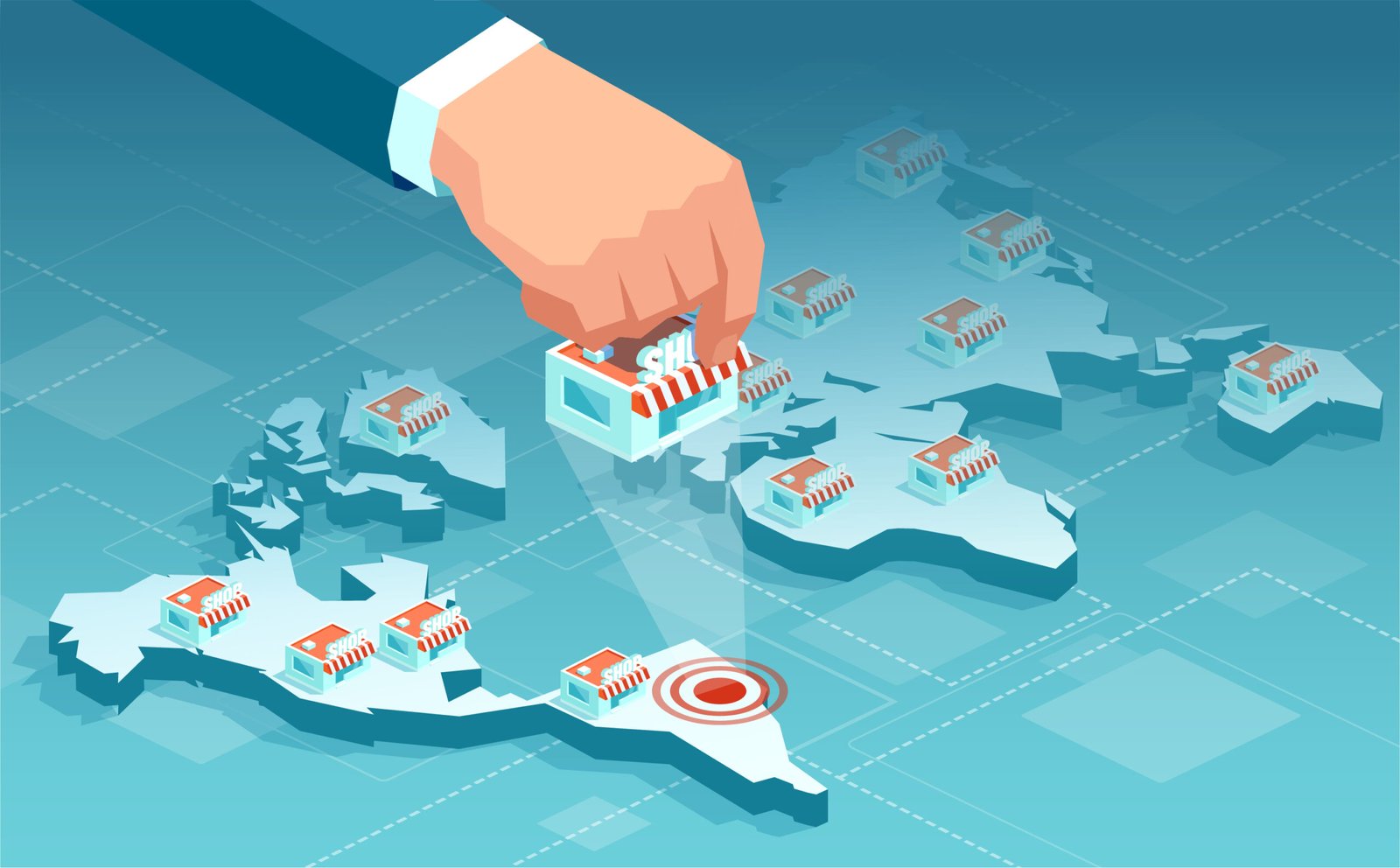Many aspiring franchisees may be unaware of what it takes to open a franchise. It’s worth noting that it takes more than just starting a business and making money to open a franchise. You will have to face numerous financial, organizational, and technical challenges. Entrepreneurs need to consider most, if not all, of these determining variables that influence the overall costs of purchasing franchises like the Preserve Services franchise or any other successful franchise that they opt to purchase.
Initial Franchise Fees
A franchise fee is a one-time payment made by a franchisee to the franchisor in exchange for the rights and privileges granted by the franchise. Depending on the industry, these fees can range from $10,000 to $200,000.
The franchise fee is not money that the franchisor puts into its pocket but is typically used to cover the initial costs of opening your business. These include training programs and materials, assistance with site selection, help with marketing and advertising campaigns for the opening, technical support, and more. Essentially, you are paying for the experience of working within an established brand.
Advertising
While initial franchise fees and startup costs are one-time, advertising is ongoing. The extent of your advertising costs will depend on the business model. Each franchisee contributes a percentage of its revenue to a central franchise advertising fund. The franchise then uses it to promote brand awareness through national marketing campaigns, for instance, television commercials or print ads covering multiple markets.
Your franchisor may also charge an additional local advertising fee that allows you to market in specific areas, such as your immediate market area, subject to zip code. These funds will help you attract customers to your store. For example, if a new competing business opens near your store, it’s in your best interest to promote your location as a preferred business area for clients.
Rent
Rent is another ongoing expense that eats into your profits every month. As with any other business, you need to find a place where customers can buy your products or services. Franchisees are responsible for paying rent to the building’s landlord. Most often, this is a percentage of your monthly gross sales.
It varies from place to place, but rents are usually higher in central business districts than in the suburbs. It also depends on what type of business you’ll be running and your expected foot traffic. Retail stores typically pay more rent than office buildings because they profit from foot traffic, relying primarily on location.
Equipment And Accessories
You will also need special equipment for your franchise business, such as a point-of-sale system for retailers or computer software for a technical business. These expenses depend on your industry but can still present a significant investment.
In addition, the law may sometimes require you to have particular equipment. For example, if you serve food or alcohol in your franchise, you may need to purchase a hood for the kitchen or bar in your building. It would be best to have these expenses as part of your research into opening a franchise. The franchisor often lists them in the document they furnish you with before getting into a contract.
Finally, do not forget the costs associated with your day-to-day operations, like office supplies and other miscellaneous items that are never in the initial planning phase but can often significantly impact your starting expenses.
Employee salaries
There are the costs associated with employee salaries. The salary requirements for your employees will depend on the type of business you have and the location. Many Charlotte entry-level jobs only require a minimum salary, but others require more generous pay depending on the work and their qualifications. In addition, some states and cities require you to pay your employees an even higher minimum wage than federal law requires.
As a franchisee, you must also consider the cost of training when planning your employee salary costs. Franchises offer special training programs for new owners and employees starting at the franchisee level, but keep in mind that this adds costs from day one. You should also consider other employee benefits such as health insurance or paid vacation if you plan to hire full-time employees for your business. Employee salaries are usually the most significant expense a franchise has each year. Therefore, considering these costs can help you determine the capital necessary to start your own franchise business.
Insurance
As a franchisee, you are responsible for purchasing insurance for your location. You will need general business insurance and may also need automobile, liability, property, and workers compensation insurance.
Your franchisor or its affiliates usually do not provide these insurances. If you use vehicles such as vans or trucks in your business, you will also need to purchase commercial auto insurance.
There is a possibility that your franchisor may require you to purchase additional insurance that is specific to the franchise industry (e.g., product recall insurance). Before signing the franchise agreement, make sure you know what coverage is included.
It’s important to analyze all the costs of opening a franchise before your decision. Start-up costs are critical, but they make up only a part of the overall costs. Additionally, you will have ongoing royalties and other obligations. Consider hiring a professional who can help you prepare adequately before settling on an ideal option.

